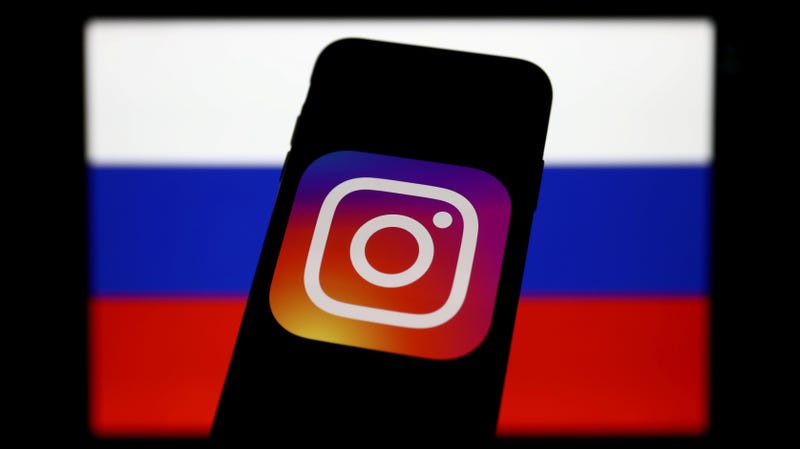After regulators placed Meta’s app under a virtual Iron Curtain that blocked practically all social networking sites, Russian developers are preparing to create their new photo-sharing Instagram replica in less than a week. Alexander Zobov and Kirill Filimonov, Russian industrialists, have really no misconceptions about what they’re doing. The two claim that their program, “Rossgram,” would be “the Russian equivalent of Instagram.” However, further specifics about how the application will function remain scarce, but the company’s sole emblem uses a font type and color scheme that is strikingly similar to Instagram’s.

According to a translated version of Rossgram’s webpage, the new software will purportedly arrive on March 28 for Android and iOS and will have the traditional theatrics of the original, as well as a variety of additional revenue growth. According to the application’s official Telegram page, its developers are also working on a method to transfer Instagram data. According to Reuters, Zobov stated that he and a group of developers were ready for the Russian government’s Instagram suspension.

“The truth is, if we used our conventional traditional content insurance plans with no adjustments, we would not be removing stuff from strange Ukrainians declaring their opposition and rage against the foreign invaders, which is rightfully regarded as reprehensible,” Nick Clegg, Meta’s President of Global Affairs, remarked after Russian officials tried to get Meta declared as an extremist organization by courts.
According to Sensor Tower data supplied by TechCrunch, the Russian App Store has apparently lost over 6,982 mobile applications as a result of the invasion. This is a 105 percent increase over the first two weeks of February. To add insult to injury, the same source claims that Russia’s App Store is exploding with VPNs, apparently purchased in Russia in an attempt to circumvent the country’s domestic content-based limitations.

One of the last pockets of resistance allegedly began limiting service admission to select clients in Russia this week. Different companies, such as Google and Twitter, have chosen to restrict users’ access to Russia’s legislative channels, such as RT and Sputnik.


